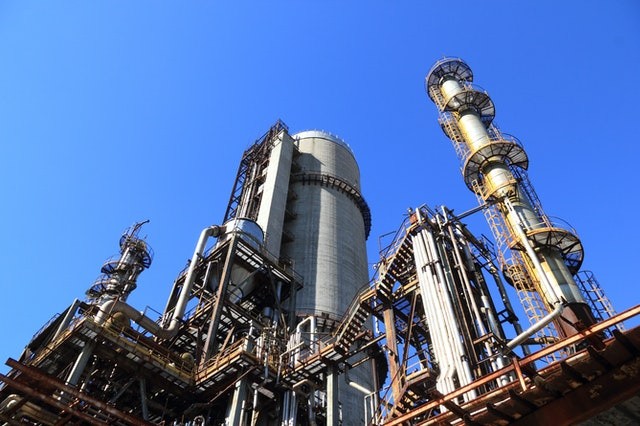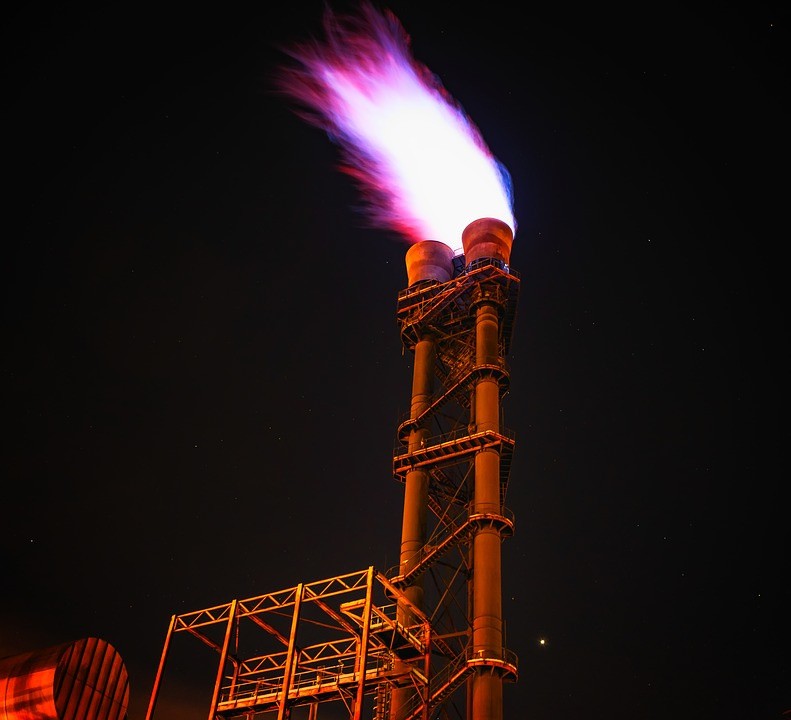Even as it vows to begin auctions, the Biden administration appeals a federal judge's judgment against its oil leasing embargo, intensifying government monitoring of the industry it blames for causing climate change.
The steps, disclosed in an emailed statement by the Interior Department on Monday, are the start of a year-long review of the federal oil, gas, and coal leasing programs that could result in increased costs and additional restrictions on production in sensitive areas.

Drilling Rights
Any oil and gas leases, overriding royalty interests, mineral interests, farm-ins, farm-outs, option farmins, working interests, back-in working interests, carried interests, reversionary leasehold interests, force pooled interests, or any other contractual, economic, or statutory right in and to oil, gas, and other hydrocarbons are referred to as "Drilling Rights."
In June, the office said it would continue onshore and offshore oil and gas leasing as ordered by U.S. District Judge Terry Doughty in Louisiana while appealing the judgment to the Fifth Circuit Court of Appeals. "Interior will continue to use the power and discretion granted by law to conduct leasing in a way that takes into consideration the program's many flaws."
Related Article : Environmental Justice Goes Mainstream with Governmental Support
Court Jurisdiction
The statement comes only days before a court deadline for the administration to explain how it was following the judge's June 15 order to start leasing. Despite growing pressure from Congress and the oil industry, the Interior Department has failed to release public plans for new or rescheduled lease auctions.
According to two individuals familiar with the preparations who requested anonymity to discuss internal deliberations, administration officials were afraid that the process would put top Interior officials in contempt for the protracted lease standstill if they did nothing.
Oil and Gas Leasing Ban on Federal Lands

Environmentalists had urged Biden to permanently ban oil and gas leasing on federal lands and waterways, claiming that a warming planet couldn't afford to burn the fossil fuels contained there.
Interior's statement, however, did nothing to appease oil and gas executives who have accused the government of being slow to reschedule a series of auctions that were postponed earlier this year. For example, advocates for offshore oil development have urged the government to delay a scheduled March auction of drilling rights in the Gulf of Mexico, claiming that extracting crude from U.S. seas emits fewer carbon emissions.
About a quarter of the nation's petroleum is produced on federal lands and waterways. According to a U.S. Geological Survey study, the oil, gas, and coal produced from that area are responsible for roughly 24% of U.S. carbon dioxide emissions.
Making Significant Modifications
Even as the Interior Department announced that leasing would resume, the agency intends to make significant modifications.
Net-Zero Goals

On Jan. 27, President Joe Biden ordered a halt to leasing so that Interior could undertake a "full examination." Now, the EPA is beginning on a larger programmatic study of oil, gas, and coal leasing, which it says is required to determine what adjustments are needed to fulfill the president's goals of halving greenhouse gas emissions by 2030 and attaining attaining attaining goals net-zero emissions by 2050.
For more news update about Environmental Action, don't forget to follow Nature World News!
© 2025 NatureWorldNews.com All rights reserved. Do not reproduce without permission.





